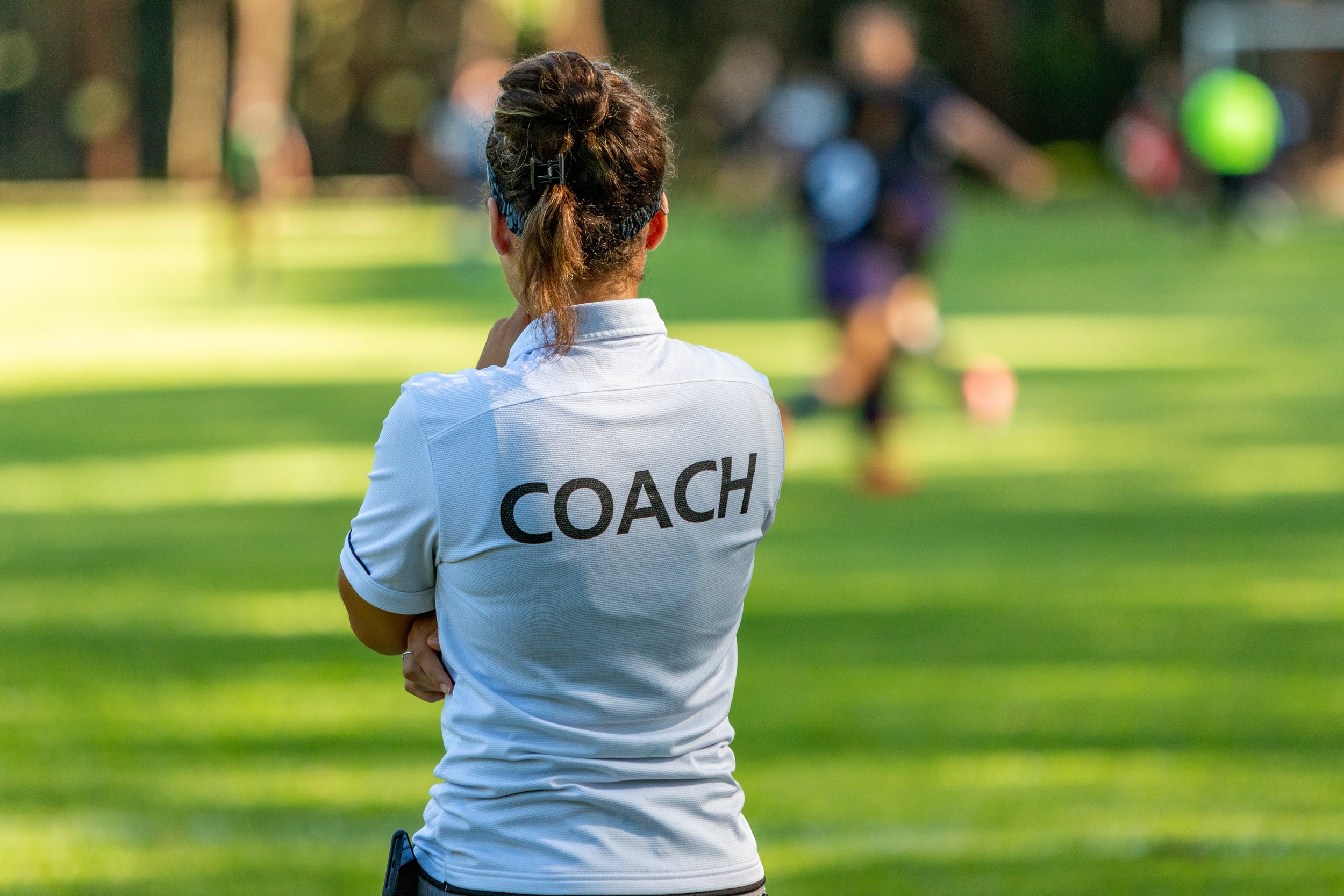Letter to Coaches
Dear Coaches:
Thank you. I know you put a ton of work into helping your athletes be great. You guys are all in. You love helping your athletes succeed and you feel the sting of disappointment when an athlete falls short of their potential. Most of you just want to do what you can to help your athletes be successful in the goals they set out to accomplish.
Although athletes can develop their mental skills outside of the training arena when working with us, many athletes are not provided that opportunity and rely solely on their coach to help in that area. Additionally, athletes need to use those skills when they are competing and not just when in a calm one-on-one session with us. There are ways that coaches can support their athletes’ development in this way, even without being an expert.
Here are our top tips for coaches that want to really take their coaching skills to the next level and help their athletes develop the mental skills to showcase the physical and technical ones they’ve been working on so hard.
Start by developing your own mental skills. While you may or may not be able to do all of the physical tasks you coach your athletes on, you CAN show them how to use mental skills. Use a strategy to relax you when you get too intense or frustrated. Demonstrate how to recover after failing. Your athletes will follow your actions much more than your words.
Provide opportunities in training to develop the mental side ALONG WITH the physical and technical. The best way to do this is choose different drills or days to really focus on and incorporate mental strategies into training. You may have a specific drill that you can make more challenging, forcing athletes to work on managing their frustration. You can modify the rules so they have to make an adjustment to the new demands. Add pressure into your training so athletes have to deal with that challenge. Need ideas? Check out our Coach’s Guide: 20 Ways to Train Under Pressure.
Define success. We know you are going to focus initially on an outcome (time for a race, points scored, win record, etc.). Take the time to work backwards to identify what your athletes have to do that is in their control that puts them in the best position to reach that outcome. By focusing on those things, the outcome is MUCH more likely to happen than by just paying attention to the outcome.
Remove DON’T. If you only do one thing, make it this one. Most coaches use don’t all the time in an attempt to get their athletes to make an adjustment. The problem is that what you are actually doing is pointing your athletes’ brain directly at the ONE thing you want them to avoid. The brain will always choose the easiest option, so it does exactly what you point it toward. Instead, do the work to point your athlete toward what you WANT them to do rather than what you want them to AVOID.
Don’t drop your hands —> Keep your hands high.
Don’t leave early —> Wait until this moment.
Remember, there is no need to be perfect. It’s not something you expect of your athletes and it’s not something to expect of yourself. Make the mistakes and then own them. Use them as ways to show your athletes how to take responsibility, keep working to improve, and reaching for being better. Interested in working with us? Want us to help you develop a mental skills program customized to your team or organization? Connect with us!


